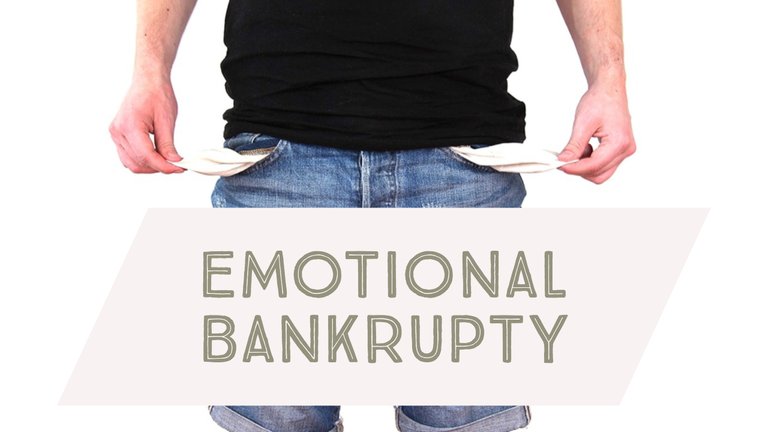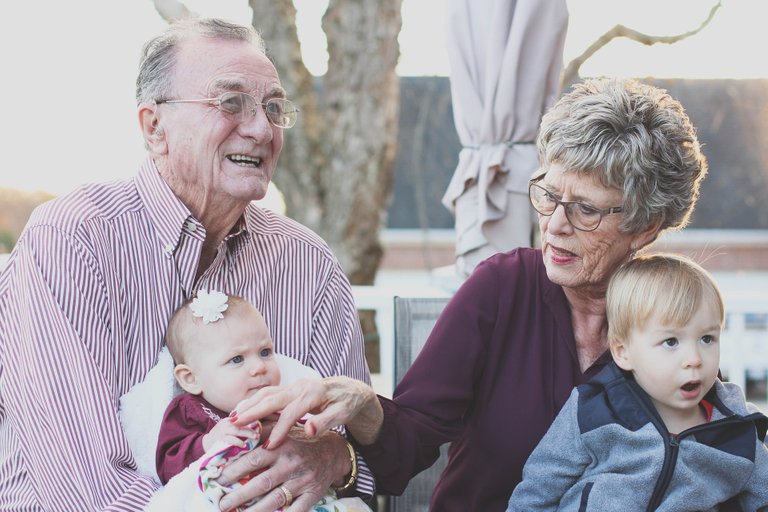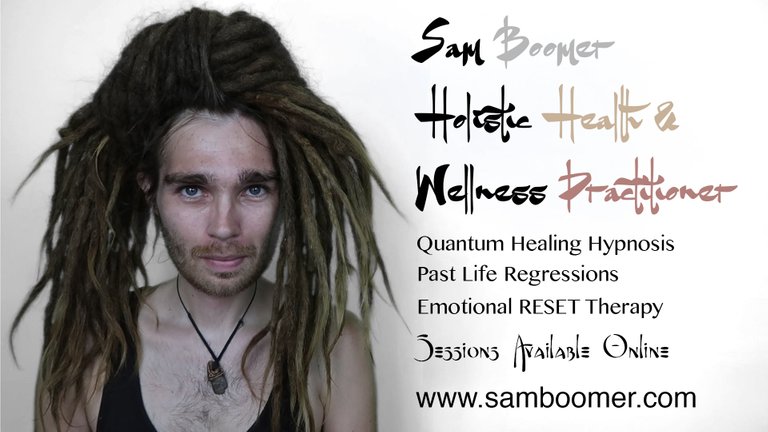
Source: https://pixabay.com/
Can You Cash Those Cheques?
On some small level, we are all a little bereft of feeling sometimes, but when does being in the black become a deficit? We can ascribe no numerical value to our emotional bank balance the way we can our regular finances.
How do you actually go about quantifying emotional bankruptcy? Really, you have to judge each case on its merit. If you’re having a bad day, you’re having a bad day. Sleep it off, wake up and start again. Long-termism is the usual indictor. But it’s a complex issue, how do you discern it? Are even you able to?
To define this concept in its most base terms, would be to imply that there is a distinct lack of emotional capacity to either: feel, acknowledge, express, share or process arising emotions. It is more than just an insufficiency; it is major deficiency.
The inability to express oneself and emote feelings is to strip away a large portion – you might even say the vast majority – of your vocabulary.
There are 3 primary ways of communicating with one other: through speech, body language and emotion. If the latter two are devoid of feeling, it would be similar to an artist being denied use of one the three primary colours. The palette is limited, therefore, so is the imagination. There isn’t the potential to express in the most engaging way possible.

Photo by Denise Johnson on https://unsplash.com/
The Ego and Expectation
Gauging your own level of emotional health is a tough ask. Objectivity doesn’t come easy. It requires a degree of honesty that is hard to submit to. Recognising it in others though, is a little less taxing. It is much easier from the outside looking in.
But even then, it doesn’t completely reveal itself. It is an enigma, and the reasons for it taking root cannot be explained away by a set number of causes, with a simple solution prescribed. There are too many variables, making that kind of inquiry redundant. Though, a common thread in all cases, is that it is an affliction, deserving of more compassion than we might readily afford it.
It is sometimes easy to be dismissive of people who don’t put themselves forward as much as you expect. The assumption is that if someone is ‘off’ with you then it must be about you. This ego-centric perspective is mere surface level thinking, and doesn’t take account for anyone’s circumstances but your own.
You really never have any idea what someone is going through at the point you engage with them. Sure, if they’re a close friend you have a better idea; the same goes for family. But even then, how much of ourselves do we truly reveal?
When dealing with co-workers, casual acquaintances, and the other supporting characters in our life, it becomes nigh on impossible to know where people have come from. We are all the product of a wide range of environmental, social and cultural influences.
Unfortunately, none of us come with how-to manuals stuck to our foreheads, so it’s our duty to remain neutral in our interactions, coming from a place of non-judgment. The inability to be emotive, so often confused with aloofness or disregard, could be the manifestation of any one of a number of traumas or conditionings.
Our True Inheritance

Source: https://pixabay.com/
Take the male expression, the attributes we should have and are ‘permitted’ to display. The patriarchal society that has predominated most of the world for thousands of years dictates that: ‘A man should be a man.’
The inference being, that, anything less than showing the resolve of granite, and you are not fulfilling your ‘role.’ You are less then. Real men don’t cry, or show emotion. The true show of strength is though physicality and force of personality. To open yourself up emotionally is reveal chinks in your armour to be exploited by others.
This attitude is still prevalent amongst males the world over. It is passed on from father to son, quite literally, being hard wired into our consciousness through cellular memory. It is our genetic heritage; we are programmed from birth.
The great challenge of the masculine expression, then, is to exit this old matrix of thinking, and to fully integrate the emotional self without fear of reprisal. It is to be the warrior, the provider the leader where appropriate, but to do so from a place of heart-centred consciousness, in awareness of the effect our actions have on others.
But if environmental factors are stacked against us in our formative years, it can be a long road coming to this realisation, if at all. It is unlikely a child raised by emotionally vacant parents will have the kind of reference points for this kind of thinking in their future relationships.

Source: https://pixabay.com/
De-Valuing Our Greatest Assets
It is the responsibility of a parent or guardian to equip their young to succeed in life. The learning process at this stage of development is more tactile than it is about the words spoken. We mimic vocabulary, but follow mainly by example. It is the mirroring of behaviour that informs much of our personality.
This influence is sometimes lost on the younger heads of families, having been thrust into mentorship when they have barely figured out who they are, yet. This is not to castigate all young parents, but merely to highlight the general unawareness in duty of care.
However, if you contrast the family dynamics of western cultures to more indigenous ones, particularly The Native Americans, it was common practise for the grandparents to be charged with raising children. They would impart their wisdom, whilst their children continued to experience the world, so they too could fulfil the same role in the tribe one day.
However, we, in ‘developed’ western societies don’t show this same reverence towards our elders. In fact, we are the subject of subtle programming that virtually encourages contempt. We become dismissive of our forebearers; the family unit as we know it has never been so fractured.

Source: https://pixabay.com/
Running Away From Yourself?
It is a symptom of the world we live in. It has never been so small, far off places never before so reachable. So it is natural for there to be spreading of wings. It’s the reason we’re able to enjoy the cultural melting pots of our world’s great cities through such well-trodden migratory patterns.
But before we venture off in the wild, it is important to have within a strong sense of belief, to be ok in spending time ourselves and being open with others. This is not so easily done when traumas go unacknowledged and the stigma around addressing mental and emotional issues still persist.
Growth becomes stunted, and the ability to form relationships hit a glass ceiling, leading to unworthiness and social ineptitude. And it is these qualities that serve as the potential foreshadowing and inheritance of our future generations, unless jettisoned.
The emotionally bankrupt person, then, is a victim. Whether by conditioning, or by the circumstance of their upbringing, these are the prime reasons why emotional instability is so rife. No one knows how to express themselves, or they are simply too afraid. There is a massive breakdown of communication.
In this context, the problem is cyclical, with each subsequent generation treading the same path, until they are able to break it – if they are able to do so.

Source: https://pixabay.com/
The Ideal Tempered By Reality
But what happens when that person matures, and does manage to form a relationship with someone who is more in tune with their emotions? The hope is that the positive traits may rub off, and that they may blossom.
That can be the case, but is not always that straightforward, with dysfunction usually prevailing more so than harmony. Without the capacity to connect on a deeper level, any sort of progress is impeded.
Relationships are meant to be growing experiences, but they should be mutually beneficial to both people involved.
The principle is to be supportive, and inspire one another to greater heights in each others pursuits and personal development. But if the traffic is only one way, fatigue will set in, before an eventual fizzling out or implosion...
However, it is important to realise, you should not suffer in the name of trying to ‘improve’ your significant other. As selfish as it may seem, your own wellbeing comes first. You cannot, and more over should not pour all of yourself into a lost cause.
Guilt through the abandoning of someone we care about can be a very real issue when wrestling with the idea of breaking off a relationship. Even in the most fractious of circumstances, there can be serious co-dependency issues to overcome.
We can learn to love anyone if we spend enough time with them.
And whilst the hope prevails there will be some tipping point at which things turn around, pragmatism needs to be front and centre when making these kinds of decisions. Be objective. What is it going to cost you to remain with someone so vacant, who saps the very life essence from you?
If there is a genuine effort, but the going is tough, of course, give of yourself what you can.
Be there must be a willingness on their part, and if not, it is path that must be travelled alone.
Any time endeavouring to create a shift in someone so disconnected, when broken down to its core, is a violation of free will. It sounds radical, I know, even in this context. But it is consistent with the dynamic of all equal and co-creative relations.
When all is said and done, despite whatever unfortunate circumstances have lead to emotional impairment, there needs to be accountability. It is no good to say: ‘It’s not their fault.’ It simply feeds their behavioural pattern, enabling them further. Sometimes the most loving thing to do for someone isn’t to molly coddle, but to be firm and create personal boundaries. Tough love.
In the long run, it will better for you, and for them.
To be continued…
Previous Offerings
Projecting Part 1 - The Fear We Hold Onto is the Love We Deny Ourselves
Projecting Part 2 - Manufacturing Adversity: The Projection of Ego
Projecting Part 3 - Radical Acceptance: The Falsehood of Expectancy
Projecting Part 4 - Honesty is the Greatest Form of Courage

Should you be interested in any of the above modalities, whether from a healing perspective, or simply have a wish to satisfy your curiosity, I offer all of them as online sessions.
You can find out more information by visiting: https://www.samboomer.com/
You can also follow me on:
Facebook: https://www.facebook.com/futurehealings/
Pinterest: https://www.pinterest.co.uk/samuelboomer/
Instagram: https://www.instagram.com/sam_boomer/
Twitter: https://twitter.com/SamuelBoomer?lang=en
This post was resteemed by @steemvote and received a 69.07% Upvote. Send 0.5 SBD or STEEM to @steemvote
Congratulations @samboomer! You received a personal award!
You can view your badges on your Steem Board and compare to others on the Steem Ranking
Do not miss the last post from @steemitboard:
Vote for @Steemitboard as a witness to get one more award and increased upvotes!